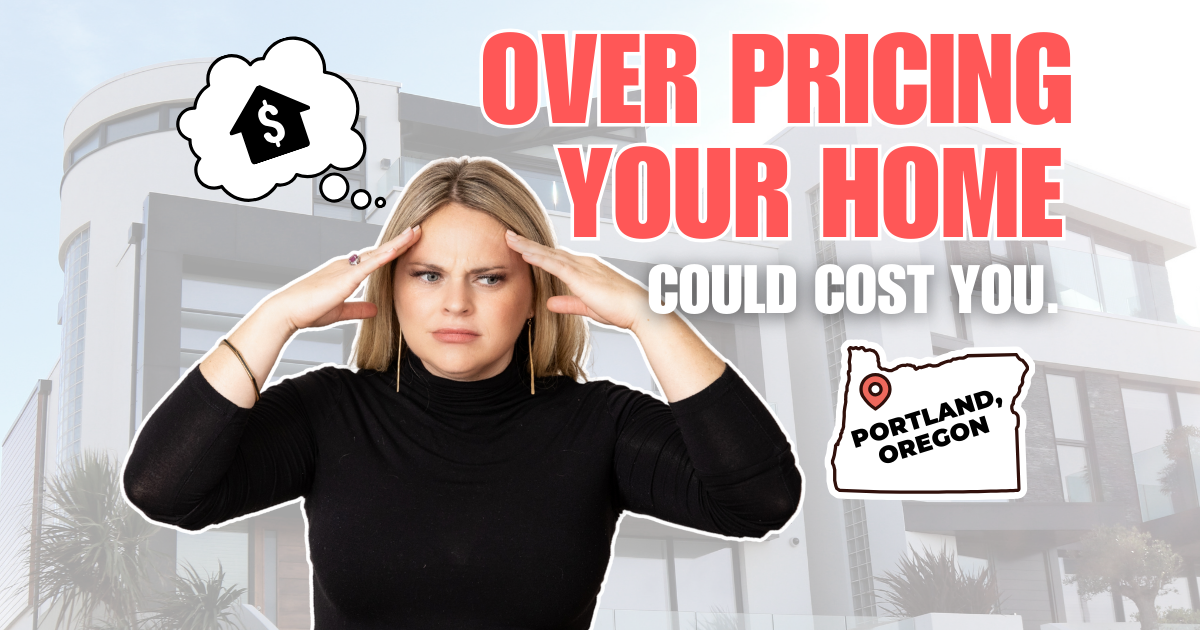In the dynamic landscape of real estate, homes can either attract eager buyers or languish on the market for extended periods. While factors like location and condition certainly play a role, the pricing strategy adopted by sellers often determines the ultimate success or failure of a sale.
When determining the listing price for your home, it’s imperative to grasp the concept of market value. Overpricing can result in a myriad of negative outcomes, from prolonged time on the market to significant financial losses. Understanding why sellers frequently fall into the trap of overpricing is essential for making informed decisions.
Automated Valuation Tools
One contributing factor is the reliance on automated valuation tools, which may provide inaccurate estimates due to their inability to assess the unique characteristics and condition of your property.
Comparisons
Furthermore, sellers commonly make the mistake of comparing their home to neighboring properties without considering critical factors such as market conditions and property-specific attributes. This can lead to unrealistic expectations and inflated listing prices that deter potential buyers.
Even in a seller’s market, where demand may outstrip supply, buyers remain discerning and reluctant to overpay. Consequently, overpriced homes often struggle to attract serious offers, prolonging the selling process and increasing the likelihood of price reductions down the line.
Over-Improvement
Another pitfall to avoid is over-improving your property in an attempt to justify a higher listing price. While certain renovations may enhance the appeal of your home, excessive spending on upgrades does not always translate into a higher sale price.
Market Feedback
To mitigate the risks associated with overpricing, it’s crucial to stay attuned to market feedback and be willing to adjust the listing price accordingly. Swift and strategic price reductions can help reinvigorate interest in your property and prevent it from stagnating on the market. Visual aids, such as graphs illustrating the correlation between pricing, market inventory, and time on the market, can provide valuable insights into pricing trends and market dynamics.
Bottom Line
Ultimately, setting the right price for your home is about striking a balance between maximizing returns and attracting qualified buyers. By adopting a prudent pricing strategy informed by market insights and professional guidance, sellers can increase their chances of a successful and timely sale.
The decision to price your home competitively requires careful consideration and an understanding of the potential consequences of overpricing. By avoiding common pitfalls and adopting a strategic approach to pricing, sellers can navigate the real estate market with confidence and achieve their desired outcomes.
Watch the full Market Update video on this topic:

